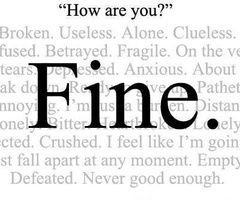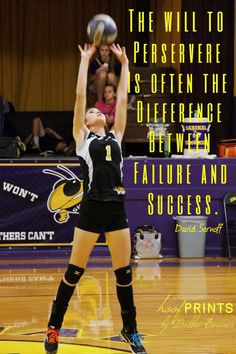Social media online
Table of Contents
Table of Contents
Social media was once seen as a revolutionary tool to keep in touch with friends and family around the world, but it has since become a double-edged sword, with its negative effects on mental health becoming more apparent. Quotes about social media causing depression have become common as people are struggling to cope with the constant comparisons and lack of privacy that come with social media.
Pain points related to Quotes About Social Media Causing Depression
While social media can be enjoyable, it also has many negative aspects, including the potential to cause depression. Constantly comparing yourself to others, feeling like you need to present a perfect image online, and the pressure to be constantly connected can all take a heavy toll on one’s mental health. Additionally, the lack of privacy can lead to bullying and harassment, further worsening the situation.
Answering the target of Quotes About Social Media Causing Depression
It is important to recognize that social media can have a negative impact on mental health and to take steps to protect oneself. This may include limiting time spent on social media, deleting certain apps, or unfollowing accounts that make one feel inadequate or unhappy. Building strong support systems and talking to loved ones about how one feels can also be helpful in combatting the negative effects of social media.
Summary of main points
Quotes about social media causing depression highlight the negative effects of constant comparison, the pressure to present a perfect image online, and the lack of privacy. Taking steps to limit social media use, building strong support systems, and talking openly about mental health are essential in protecting oneself.
Personal experience with Quotes about Social Media Causing Depression
As someone who has struggled with depression and anxiety, I have found that social media exacerbates these issues. Seeing others’ highlight reels and feeling like I am constantly falling short can be incredibly damaging to my mental health. Additionally, the fear of missing out and pressure to always be connected can make me feel overwhelmed and anxious. It has been helpful for me to limit my social media use and focus on building real-life connections with friends and family.
The link between Social Media and Depression
Studies have found a strong link between social media use and depression, including a 2017 study that found that young adults who spent more time on social media were more likely to report feeling socially isolated. The constant comparisons and lack of privacy that come with social media can cause feelings of inadequacy and make one feel disconnected from real-life relationships. Additionally, social media can be addictive, leading to a vicious cycle of constantly seeking validation and feedback from others online.
The impact of bullying on social media
Bullying and harassment are all too common on social media, and they can have a severe impact on mental health. It can be challenging to escape from cyberbullying, and the constant attacks can lead to depression, anxiety, and even suicidal thoughts. It is essential to take threats of cyberbullying seriously and seek support from loved ones or mental health professionals.
The role of parents and educators in combating social media depression
Parents and educators can play a critical role in helping young people navigate the challenges of social media. This includes teaching healthy social media habits, encouraging real-life relationships, and monitoring online activity for signs of cyberbullying or other issues. Creating an open dialogue around social media and mental health can also help to reduce the stigma around these issues and create a more supportive environment.
Question and Answer section
Q: How does social media contribute to depression?
A: Social media can lead to depression in several ways, including constant comparisons to others, the pressure to present a perfect image online, and a lack of privacy.
Q: What can I do if I am feeling depressed due to social media?
A: Limiting social media use, unfollowing accounts that make you feel inadequate or unhappy, and talking openly about your feelings with loved ones are all helpful steps to take.
Q: Can cyberbullying on social media cause depression?
A: Yes, cyberbullying can be incredibly damaging to mental health and can lead to depression, anxiety, and other issues.
Q: What can parents and educators do to help young people navigate the negative effects of social media?
A: Teaching healthy social media habits, encouraging real-life relationships, and monitoring online activity for signs of cyberbullying or other issues are all essential steps that parents and educators can take.
Conclusion of Quotes About Social Media Causing Depression
Quotes about social media causing depression highlight the negative impact social media can have on mental health. Recognizing the potential pitfalls of social media use, limiting time spent on social media, and building strong support systems are all crucial in protecting oneself from the negative effects of social media.
Gallery
Social Media And Its Terrifyingly Negative Effects On People With

Photo Credit by: bing.com / terrifyingly
What Is Depression? Symptoms And Overview

Photo Credit by: bing.com /
Depressing Quotes On Social Media. QuotesGram

Photo Credit by: bing.com / quotes social depressing depression quotesgram
Social Media Online
Photo Credit by: bing.com / depressed
Social Media Depression - 3 Tips To Help You Overcome Comparison

Photo Credit by: bing.com / depression overcome






